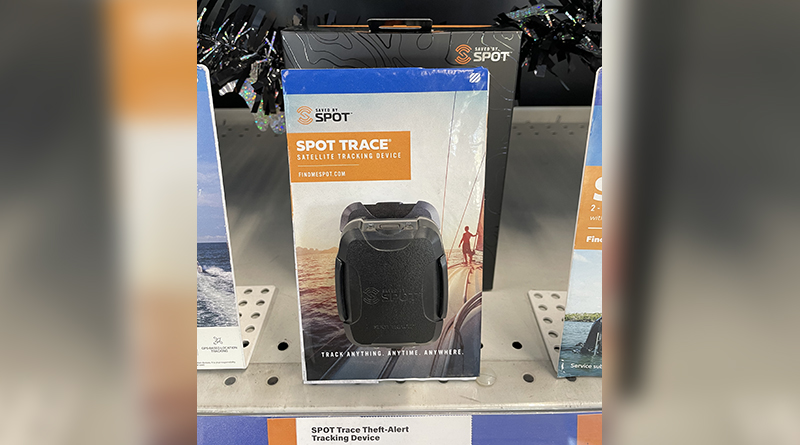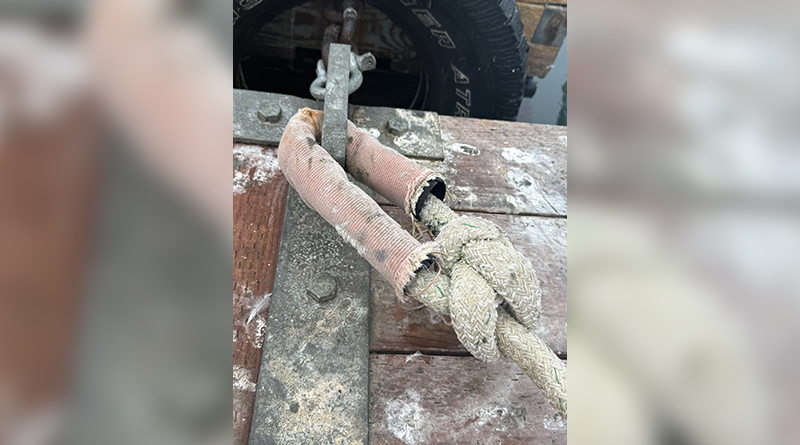A ten-year research project between the Hubbs-SeaWorld Research Institute and the Cornell University College of Veterinary Medicine indicates that bottlenose dolphins will maintain relationships created as calves through their juvenile stages. During the study, scientists relied on images gathered during photo-identification surveys to track dolphins (Tursiops truncatus) over time by unique markings on their dorsal fins. A total of 242 boat-based surveys enabled analysis of 2,800 dolphin sightings from Florida’s northern Indian River Lagoon and Halifax River. They then used social network analysis to investigate the dolphin communities’ social structures and statistical analyses. “We found clear evidence that the majority of associations that were established when the dolphins were calves were maintained as they matured into juveniles,” said Wendy Noke Durden, HSWRI Research Scientist II, in a July 26 press release. “Previously, the research dedicated to dolphin associations in this transition period was limited.” This data could advance understanding of how dolphin communities are shaped and their importance for individuals.










